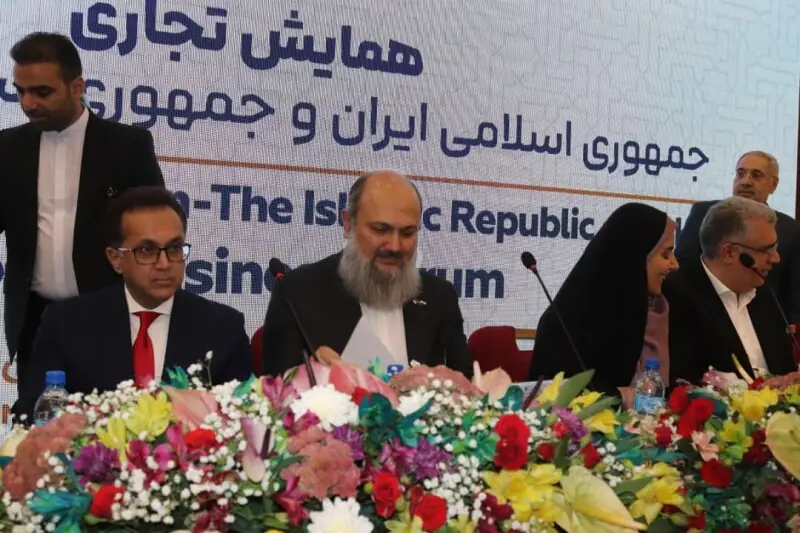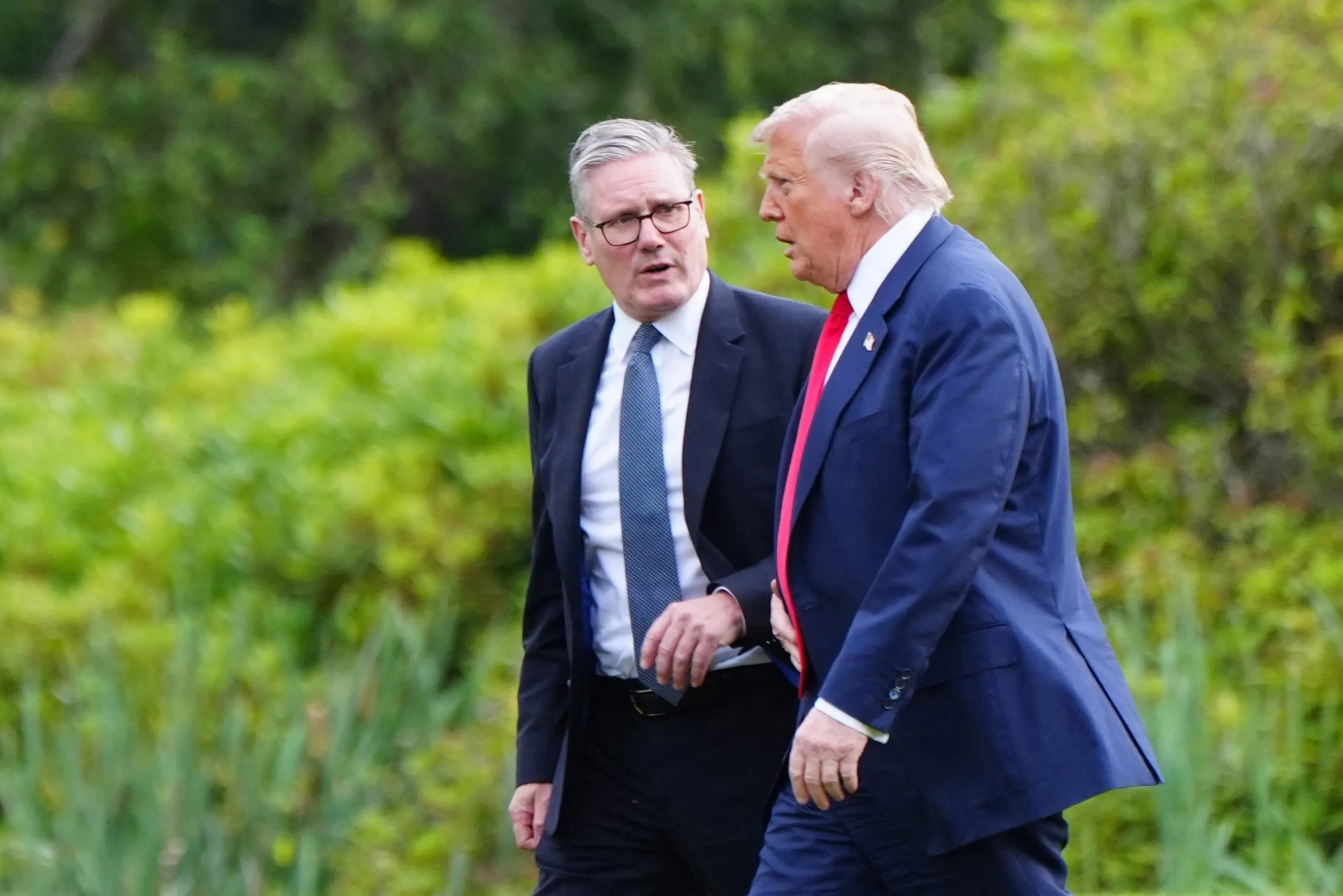By Manan Aslam | Muneeb Ahmad Gujjar
Copyright brecorder

Artificial Intelligence (AI) has moved from being a topic primarily used by IT professionals and academics to becoming an emerging agenda in regional-level policy debates and discussions. This shift was evident during the 3rd Public Policy Conference, which was organised in the scenic campus of NSPP Lahore in late August 2025.
The central theme was “Artificial Intelligence in Public Policy and Governance”. This revered gathering was jointly organized by the National School of Public Policy (NSPP), Information Technology University (ITU), and the Shahid Javed Burki Institute of Public Policy (BIPP).
This event was embraced by a variety of participants, including government ministers, high-ranking government officials, academic scholars, professors, and policy professionals from across the country. A consistent message throughout the conference was conveyed that AI is no longer a theoretical concept but is actively transforming how institutions design policies, execute policies, and cope with challenges like climate variability and environmental disruptions.
Role of AI and Climate Change
Dr Musadik Malik, Federal Minister for Climate Change, in his opening address, underscored Pakistan’s need to swiftly adopt digital solutions. Since assuming charge in May, he has been commended for maneuvering data to inform climate-oriented decisions. He also pinpointed that Pakistan’s influence in international climate programs, such as COP, relies on its capability to provide precise and authentic climate data rather than depending on fanciful claims.
Prof. Ahsan Iqbal, Federal Minister for Planning, Development, and Special Initiatives, also endorsed his viewpoint. He encouraged timely action to adopt emerging technological innovations, cautioning that Pakistan must not overlook the opportunities of the Fourth Industrial Revolution (Industry 4.0). AI, he emphasized, should be dealt with as a prime cornerstone of economic development, necessary for planning, governance, and resilience amidst environmental challenges.
AI for environmental sustainability
A prominent conference session took place titled “AI and Environmental Sustainability” and this session was chaired by former federal secretary Dr Safdar A. Sohail. In this session, it was identified how AI-based gadgets and mechanisms may develop sustainable development, assist in climate monitoring, and foster resilience to ecological disorders. It was reiterated how modernized technologies may support SDGs by enabling smarter resource management, decreasing gas emissions, and improving adaptive responses to environmental threats.
Dr Imran Hamid Sheikh, Director General of the Environment Protection Department, Punjab, delivered a keynote speech on predictive AI systems that could monitor air quality, control urban pollution, and manage climate policy in real time.
Then the discussions moved toward agriculture, with Dr Manan Aslam showcasing his findings from his doctoral research at Jiangsu University, Zhenjiang, Jiangsu, P. R. China. His talk focused on how AI and ICTs can support climate-smart farming. “The Global South, including Pakistan, is highly vulnerable to climate shocks.
Yet we are lagging in adopting the very tools that can help us prepare and adapt,” he noted. He urged that the draft National Agricultural Policy 2025–2030 should go beyond subsidies and incorporate AI-based climate modeling, smart irrigation systems, and digital farmer services.
Dr Aslam also pointed to South Asian examples where smartphone applications, AI-powered weather forecasts, and satellite imagery have already boosted farm productivity. “Our farmers do not lack resilience. What they lack is access to timely, technology-driven information,” he said.
Diplomacy in the digital era
The link between technology and diplomacy was underscored by Dr. Seemi Waheed, Professor of Practice at the University of Management and Technology. “Diplomacy today is increasingly data-intensive,” she observed, warning that countries are now judged not only by their commitments but by their ability to produce real-time projections. She argued that Pakistan must invest in digital platforms to strengthen its bargaining position at international negotiations and even suggested climate diplomacy training for the foreign service.
Other voices and closing notes
Other contributions came from Tayyaba Maqsood Khan of Lahore College for Women University, who spoke on green governance, and Dr Maryam Ahmad of Virtual University, who presented a model of smart environmental governance for Punjab. Azhar Rashid Khan, Director General at the National Agricultural Planning Commission, highlighted efforts under the National Adaptation Plan to digitalize environmental sustainability.
The closing session brought the discussion back to governance. Governor Punjab, Sardar Saleem Haider Khan, congratulated the organizers for connecting technology with urgent policy debates. “Artificial Intelligence must be treated not only as a scientific advancement but as a public good,” he said. The Governor stressed that reforms and digital inclusion are necessary to ensure that AI benefits reach rural and marginalized communities.
In their concluding remarks, Dean Dr Naveed Elahi and Rector Dr. Muhammad Jamil Afaqi thanked participants and collaborating institutions and acknowledged the behind-the-scenes work of faculty, staff, and interns from across the country.
A call for readiness
As the conference drew to a close, the consensus was hard to miss: AI is no longer a futuristic buzzword for Pakistan; it is a present necessity. Or, as co-author Muneeb Ahmad Gujjar put it, “Our development challenges are complex, but our tools are becoming smarter.” What we need now is political will, institutional readiness, and inclusive planning to adopt them.”
The debate may just be beginning, but the signal from NSPP Lahore was clear: Pakistan’s future in governance, agriculture, and climate resilience will depend on how quickly it can embed artificial intelligence into the heart of public policy.
Copyright Business Recorder, 2025



